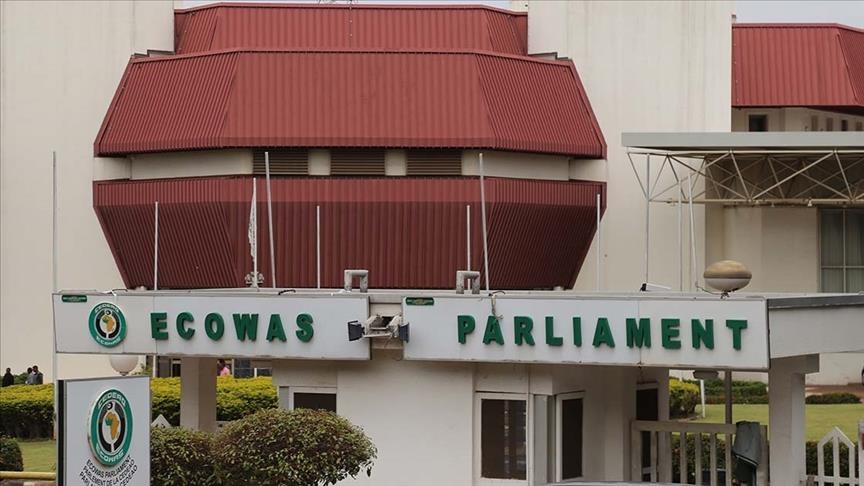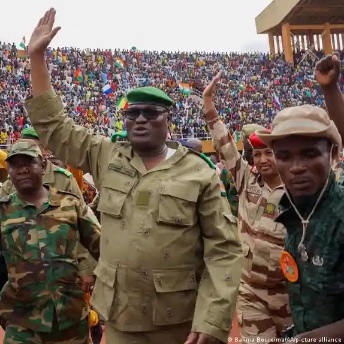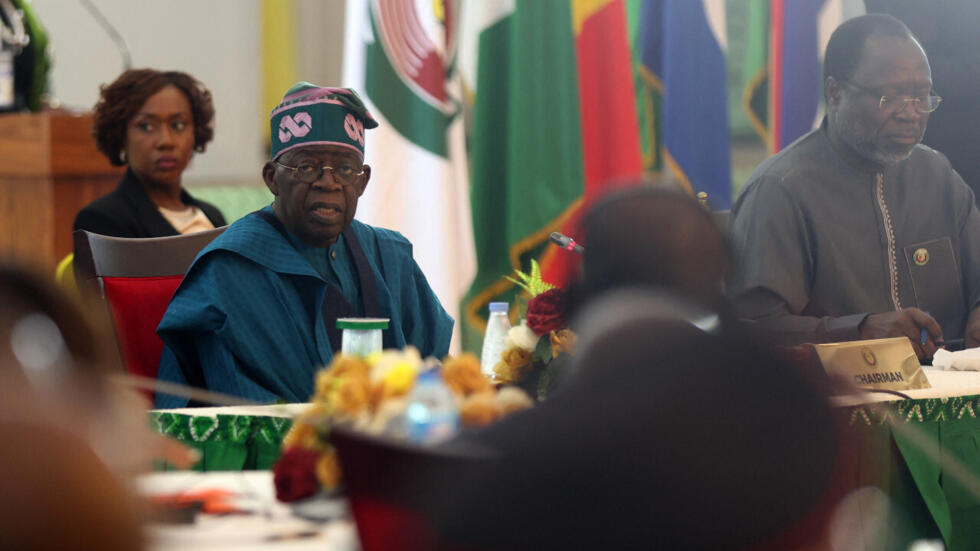
The Economic Community of West African States (ECOWAS) has announced that it is lifting some of the travel and economic sanctions that it imposed on Niger after a military coup ousted its democratically elected president on July 26 2023. The decision, which was made at a summit in Abuja, Nigeria, last Sunday, is aimed at fostering dialogue and stability in the region, as well as persuading three junta-led countries – Niger, Mali, and Burkina Faso – to reconsider their withdrawal from the regional bloc.
But what does this mean for the millions of West Africans living in the diaspora, especially those who have ties to Niger and the other affected countries? How will this impact their lives, their rights, and their opportunities? Here are some of the implications and challenges that the ECOWAS’s decision poses for the diaspora.
A Relief for Humanitarian and Developmental Aid
One of the immediate effects of the lifting of the sanctions is that it will ease the humanitarian and developmental crisis that Niger and its people have been facing since the coup. The sanctions had cut off more than 70% of Niger’s electricity supply, which came from Nigeria, and suspended financial and commercial transactions with other West African countries. Niger’s assets in external banks were also frozen, and hundreds of millions of dollars in aid were withheld.
These measures had a devastating impact on Niger’s economy, which was already one of the poorest and most vulnerable in the world. According to the World Bank, Niger’s GDP contracted by 2.3% in 2020, and its poverty rate increased from 41.4% in 2019 to 44.1% in 2020. The sanctions also worsened the humanitarian situation, as Niger faced multiple shocks, including the COVID-19 pandemic, floods, droughts, locust invasions, and insecurity. The UN estimated that 3.8 million people in Niger needed humanitarian assistance in 2020, and 2.9 million people faced acute food insecurity.
Many West Africans in the diaspora have been sending remittances and donations to their families and communities in Niger, as well as supporting various humanitarian and developmental organizations working in the country. However, the sanctions made it difficult and costly to transfer money and goods to Niger, and also hampered the delivery and effectiveness of aid. By lifting the sanctions, ECOWAS has opened up the channels for humanitarian and developmental assistance to reach Niger and its people, and alleviated some of the suffering and hardship that they have been enduring.
A Hope for Democratic Transition and Reconciliation

General Mohamed Toumba and other soldiers ousted Niger’s President Mohamed Bazoum in a July 2023 coup Image: Balima Boureima/AA/picture alliance (DW)
Another effect of the lifting of the sanctions is that it will create more space and opportunities for dialogue and negotiation between the junta in Niger and the opposition, civil society, and regional and international actors. ECOWAS has maintained that it does not recognize the junta as the legitimate authority in Niger, and that it still demands the release of the deposed president, Mohamed Bazoum, and the restoration of constitutional order and civilian rule. However, ECOWAS has also acknowledged that the sanctions have not achieved their desired results, and that they have instead emboldened the junta and its allies in Mali and Burkina Faso, who have formed an alliance and announced their withdrawal from the regional bloc.
By lifting some of the sanctions, ECOWAS has signaled its willingness to engage with the junta and its partners, and to find a peaceful and inclusive solution to the political crisis in Niger and the region. ECOWAS has invited the officials of the junta-led countries to attend technical and consultative meetings of the bloc, as well as security-related meetings, which is a major shift from its usual practice of isolating coup-hit countries from major forums. ECOWAS has also urged the countries to reconsider their decision to quit the bloc, and to appreciate the benefits that the ECOWAS member states and their citizens enjoy in the community.
Many West Africans in the diaspora have been following the political developments in Niger and the region with keen interest and concern, as they have implications for their rights, freedoms, and security. Some of them have been vocal and active in expressing their views and demands, and in supporting the democratic forces and movements in their countries of origin. By lifting some of the sanctions, ECOWAS has given them a hope that there is still a chance for democratic transition and reconciliation in Niger and the region, and that their voices and aspirations will be heard and respected.
A Challenge for Regional Integration and Cooperation
A final effect of the lifting of the sanctions is that it will pose a challenge for the regional integration and cooperation that ECOWAS has been pursuing and promoting for decades. ECOWAS was established in 1975 with the vision of creating a single, large trading bloc that would foster economic and social development in West Africa. ECOWAS has achieved significant progress in advancing regional integration and cooperation, such as the establishment of a common market, a customs union, a monetary union, a parliament, a court of justice, and a peace and security architecture.

However, ECOWAS has also faced many obstacles and setbacks in realizing its vision, such as political instability, security threats, economic disparities, institutional weaknesses, and external influences. The recent surge in coups in the region, fueled by discontent over the performance of elected governments and the exploitation of mineral resources, has posed an existential threat to ECOWAS and its achievements. The withdrawal of three junta-led countries from the bloc has also raised questions about the viability and relevance of ECOWAS and its institutions.
